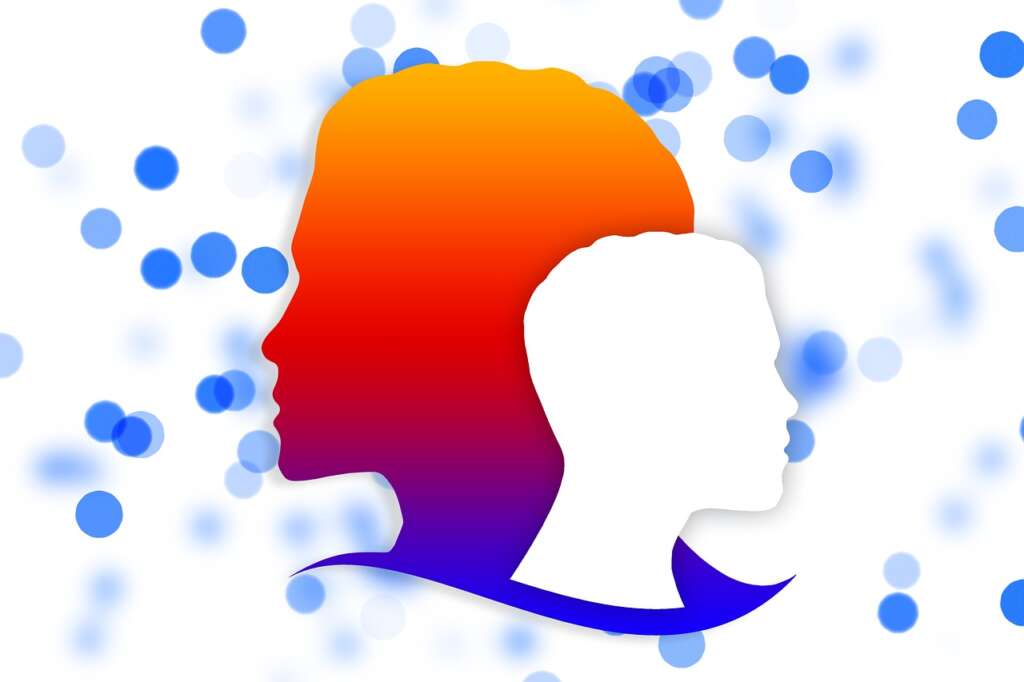ABOUT SELF-REGULATION

As infants grow more independent, they develop the capacity to monitor their own actions, concentrate on tasks, and manage their emotions. This ability to self-regulate plays a crucial role in responding effectively to both internal and external demands, influencing behavior, attention, and emotions. Research reveals that self-regulation begins its formation during infancy and gradually stabilizes […]
CAN YOU EXPERIENCE PSYCHOTIC SYMPTOMS WITH AN ANXIETY DISORDER?

The combination of an affective disorder with a superimposed psychotic disorder has long been considered rare. However, it is noteworthy that psychotic symptoms frequently manifest in individuals with affective disorders, such as anxiety and depression. In fact, many individuals initially seeking help due to anxiety or depressive symptoms were found to be at high risk […]
COPING HELPS TO REGULATE EMOTIONS

Coping strategies have traditionally been considered responses to emotions, focused on learned behaviors aimed at survival during threatening or dangerous situations, often driven by fear or anger. However, coping is a more complex process that also involves cognitive mechanisms, such as denial, repression, intellectualization, and problem-solving, designed to manage distressing emotions. This limited view underestimates […]
